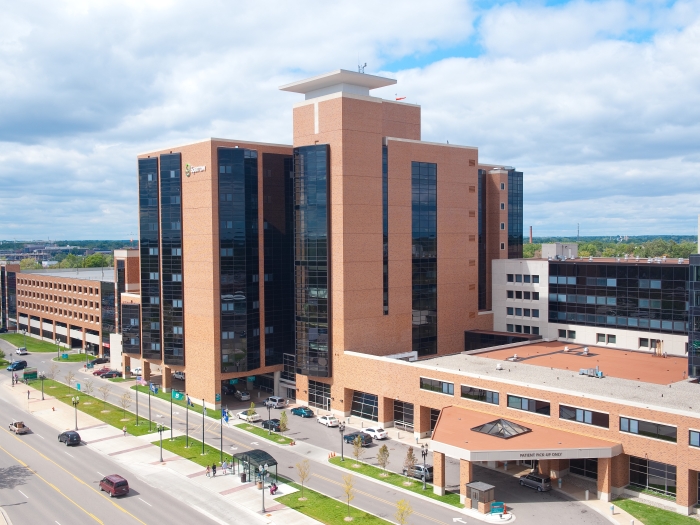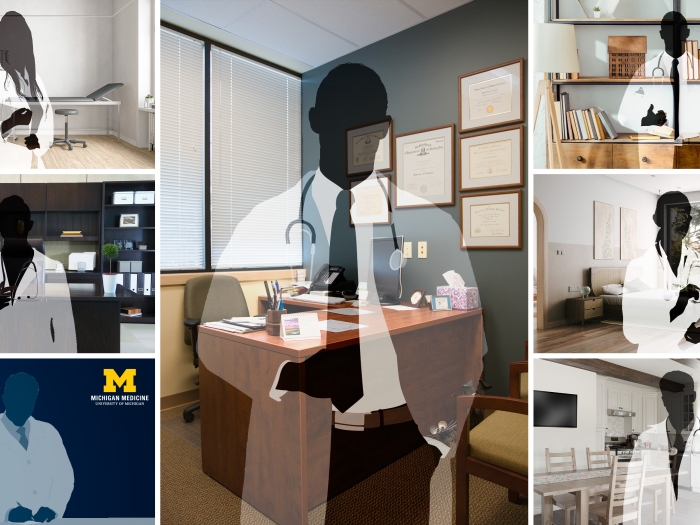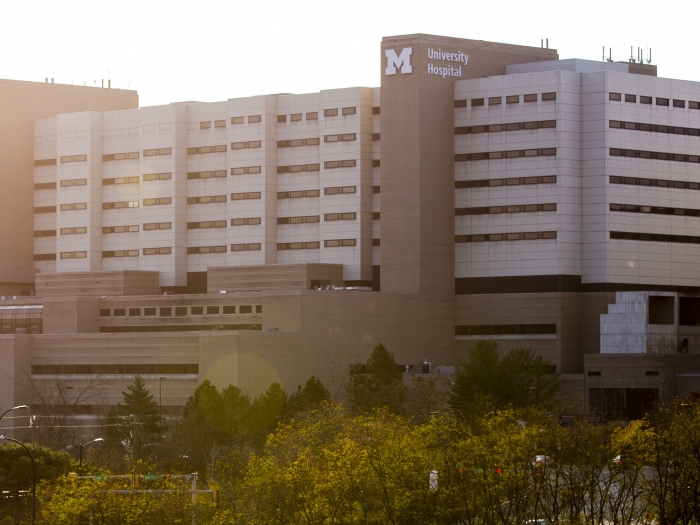Michigan Translational Research and Commercialization program puts latest cohort of mid-stage, high-tech research projects on the fast track to helping patients around the world
The Michigan Translational Research and Commercialization (MTRAC) for Life Sciences Innovation Hub at the University of Michigan (U-M) recently awarded a combined $1.1 million in funding to seven high-tech, mid-stage research projects led by researchers at U-M and Michigan State University. These projects aim to address significant unmet needs in healthcare with the goal of commercializing the research and positively impacting human health.
“The MTRAC for Life Sciences Innovation Hub has provided $11.3 million not only to U-M investigators, but to innovators across the state of Michigan,” says Steven Kunkel, Ph.D., Chief Scientific Officer-Michigan Medicine, Executive Vice Dean for Research–Medical School. “With the 2016 launch of the Hub, including support from the Michigan Economic Development Corporation (MEDC), the Fast Forward Medical Innovation team has been able to expand the original MTRAC program to reach the best and brightest in biomedical technologies from Michigan’s universities and health systems. We’re proud to be the hub for biomedical innovation in the state of Michigan.”
Researchers presented their proposals to an oversight committee composed of 17 experienced technologists, entrepreneurs, industry partners and venture capitalists with a track record of commercializing and investing in frontier technologies. The researchers will receive mentorship support from the committee members as their projects progress toward commercialization.
The 7 projects funded by the Hub focus on biomedical innovations that have the potential to bring solutions to the market while greatly impacting human lives and the medical industry. Funded projects include: precision CRISPR technology for cancer therapy; a novel embryo toxicity testing platform; a diagnostic imaging agent for patients with adrenal disease; and an innovative dermatology treatment for submental fullness.
Since its launch, the MTRAC for Life Sciences Innovation Hub has received 212 proposals, funded 97 projects, and secured over $18 million in follow-on funding.
The MTRAC Innovation Hub for Life Science is co-managed by the U-M Medical School’s Fast Forward Medical Innovation Program and U-M Tech Transfer. The hub is part of a network of statewide innovation hubs that includes the MTRAC Innovation Hub for Advanced Computing Technologies at Wayne State University, the MTRAC Innovation Hub for AgBio at Michigan State University, the MTRAC Advanced Applied Materials Innovation Hub at Michigan Technological University and the MTRAC Innovation Hub for Advanced Transportation at the University of Michigan. Each hub is strategically located at a university with significant strengths in the sector, further increasing the quality and quantity of resources available.
“The projects coming out of the Life Sciences Innovation Hub demonstrate what researchers and entrepreneurs in our state are capable of achieving when they are provided mentoring, resources and funding through the MEDC programs,” said MEDC University Relations Director Denise Graves. “The MTRAC programs are a vital resource to Michigan’s entrepreneurial ecosystem, and we are pleased to see continued successes originating from participating universities, hospitals, and nonprofit research centers across the state.”
The MTRAC program itself is supported by funds from the Michigan Strategic Fund and administered by the MEDC, with additional funding coming from partner institutions. Since the inception of the statewide program in 2016 through December 2020, MTRAC Innovation Hubs have received 463 proposals, funded 209 projects, developed 37 startup companies, licensed 31 technologies to industry partners, and secured more than $149M in follow-on funding.

Department of Communication at Michigan Medicine





